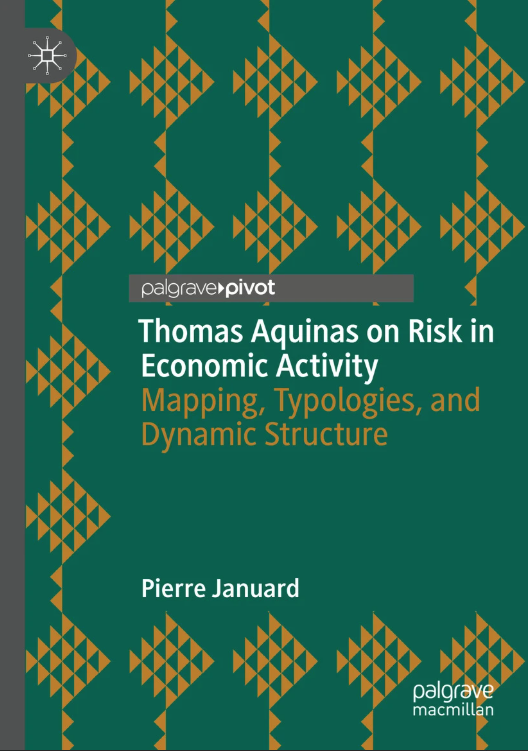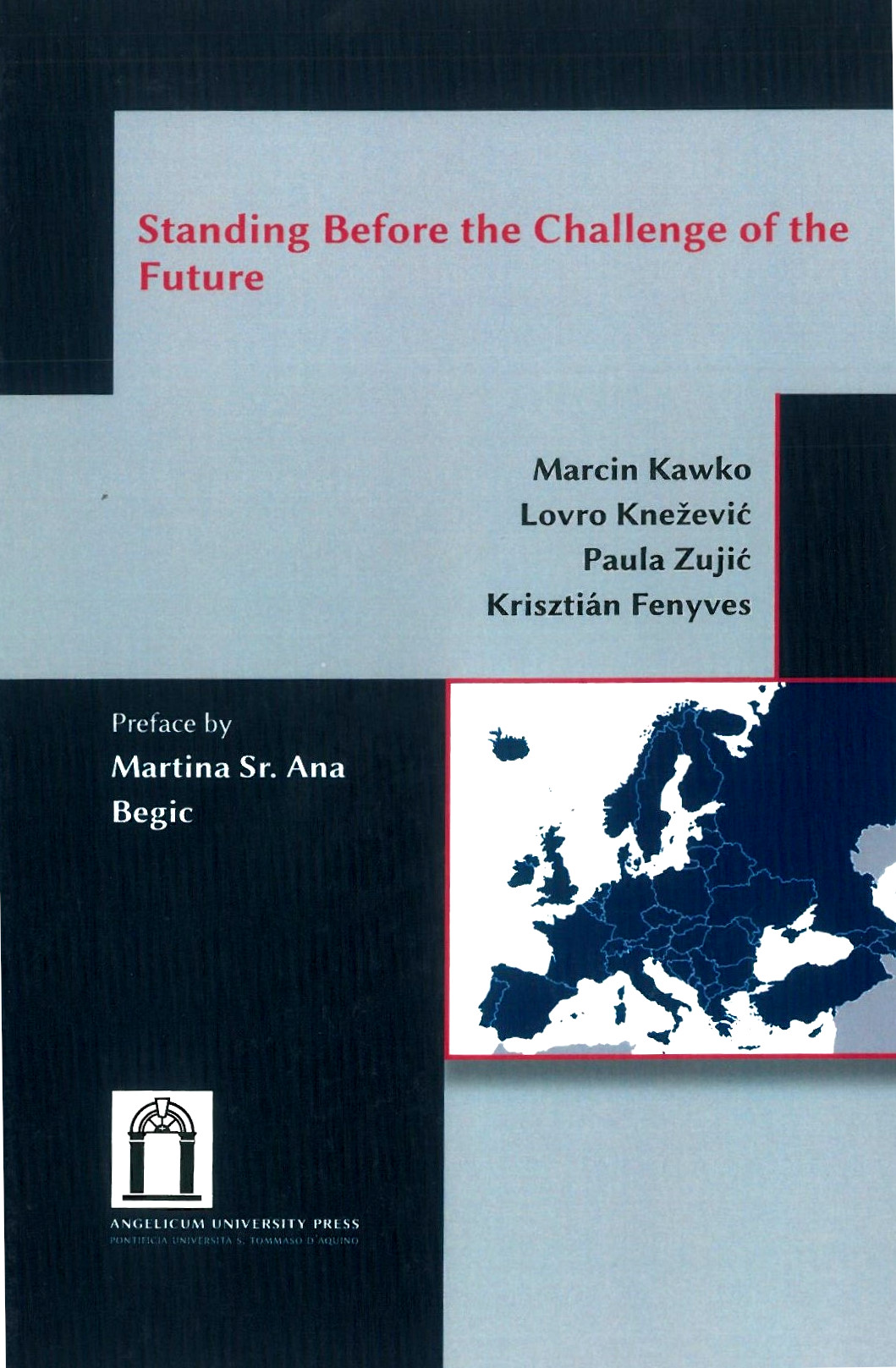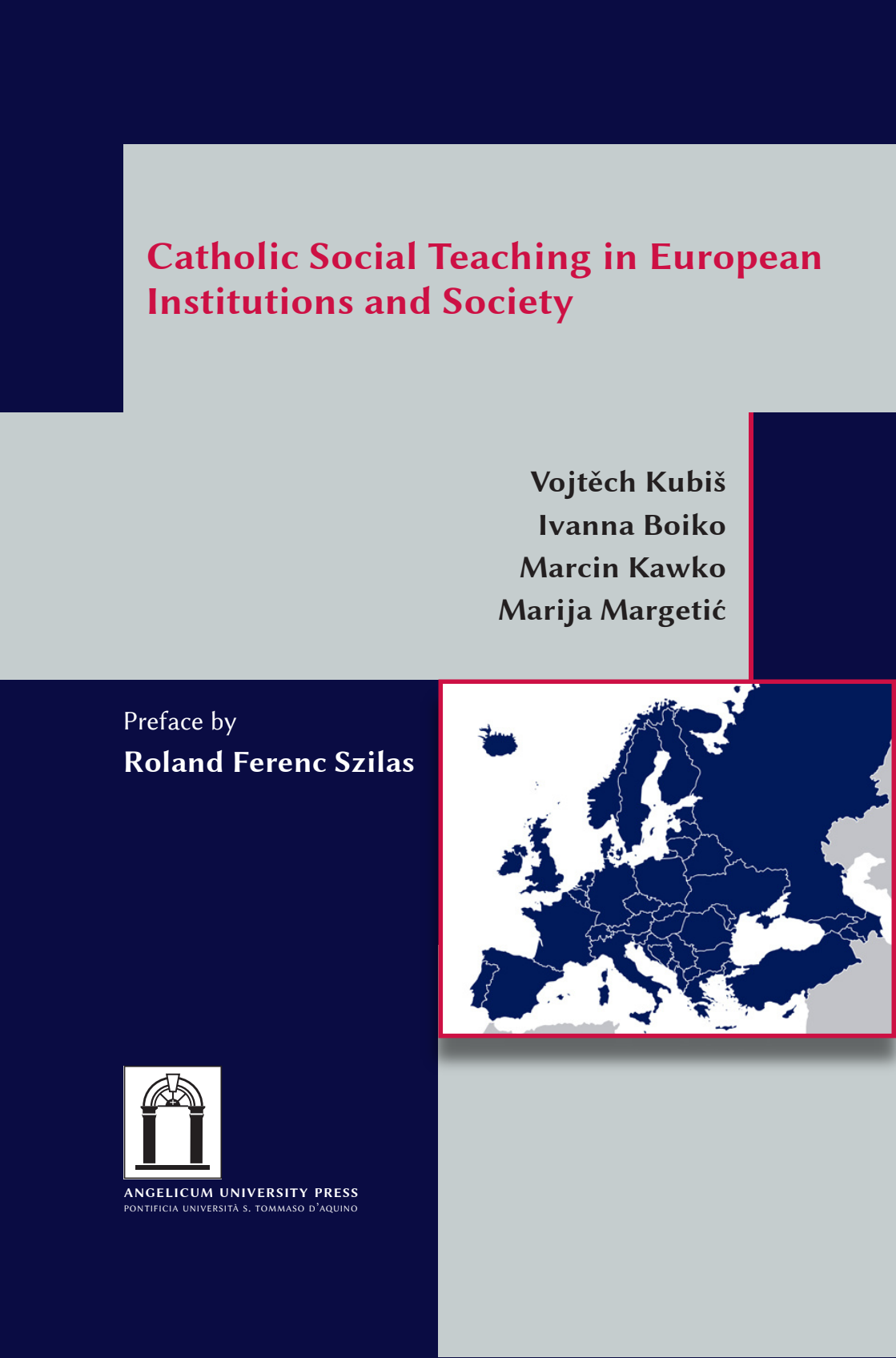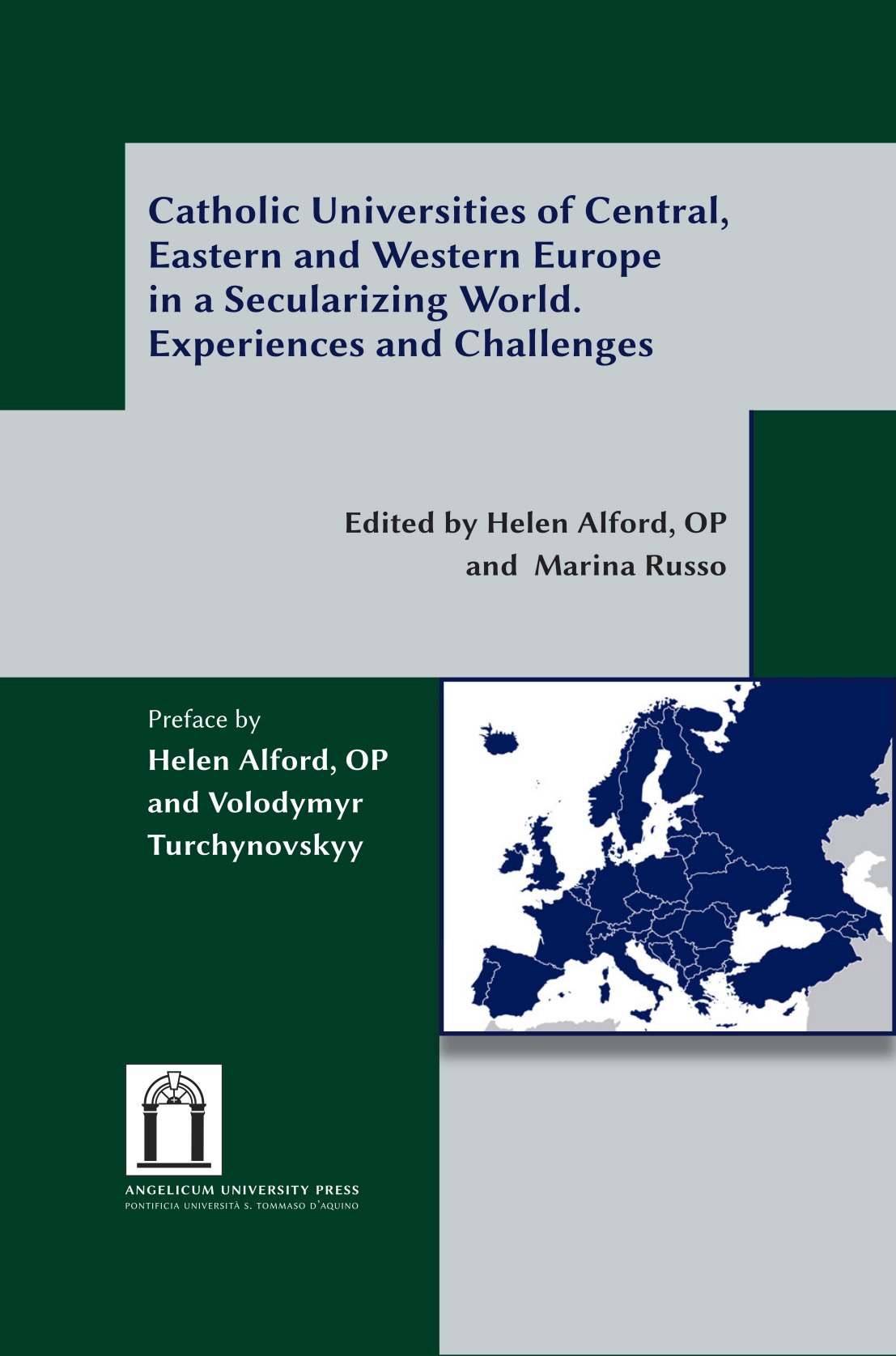 N.B. This text is reproduced in the form in which it was given. A more complete version will subsequently be published in book form.
N.B. This text is reproduced in the form in which it was given. A more complete version will subsequently be published in book form.
I consider it a privilege to be invited to comment on Fr. Gustavo’s text on the subject of this series of lectures.
1. Let me begin with some personal notes. Fr. Gustavo and the present speaker have been in mutual theological relationship and dialogue for the last forty years. This began when we both were members of what was called the “equipo teologico pastoral” of CELAM (Consejo Episcopal latinomericano /Latinamerican Council of Bishops). Celam is of course still in existence: it organised the Fifth Episcopal Conference in Latin America in Aparecida (Brazil) in May last year, to the conclusions of which Fr. Gutierrez refers more than once in his paper. I keep in mind particularly a conference in Lima in the sixties of the last century, and the papers we both presented and discussed on that occasion. It was the time of the original (if I may say so) Theology of Liberation. Fr. Gutierrez’s remarkable book with that title had just been published. He obviously defended the thesis of his book; I was asked to offer a critique of it from the biblical point of view. We disagreed but we respected and we appreciated each other. He was then perhaps more kind with my paper then that I was with his book. We both have changed since, institutionally in the first place: he has become a Dominican friar, while your present speaker has become (to his and others’ surprise) first a Bishop in the Roman Curia and then a Cardinal. But we have also changed theologically.
2. Fr. Gustavo’s recent paper makes this very clear for all who keep in mind his book just mentioned and other writings of his. This change does not date from yesterday. It is mostly a process of further and deeper reflexion on the subjects here proposed. For my part I have perhaps better understood the positions of those who are more sensitive to the injustices and oppressions of this world. This I believe I owe to my long service in the Pontifical Council Justice and Peace (almost eight years: 1986-1994), and first and foremost to the constant contacts we had then with Pope John Paul II and his views on the problems of justice and injustice and generally speaking of the social teaching of the Church. I am happy to acknowledge that my service in the Roman Curia has made me more open to this kind of question than all my years in Latin America. And then, there was of course the end of politically organized Socialism in the Soviet Empire and in the countries submitted to it in 1989. At the same time, or even before, a certain Romantic view of the benefits of Communism or institutionalized Marxism had also been dispelled. Nobody believes now in such imagined benefits. It had become clear that if anything the poor had not been liberated and the Soviet society was just as hierarchical, if not more so, than the capitalist societies in the West. This was my personal experience in my first visit to Soviet Russia in 1969, on which visit I wrote an article in Argentina’s Catholic magazine Criterio, which is still useful I believe.
3. It was also the time of the social teaching of the Church coming to the fore thanks to Pope Paul’s Encyclical Populorum progressio and the Apostolic letters Octogesima adveniens and Evangelii nuntiandi and indeed before that the Council’s Pastoral Constitution Gaudium et spes. Those magisterial documents are to be seen as the sources, together with his personal experience of marxism, of Pope John Paul’s three famous social Encyclicals: Laborem exercens, Sollicitudo rei socialis and Centesimus annus.
4. Not only this. A more traditional way of doing Theology, more faithful to its object, was reaffirmed in those years. Indeed both things go together: social teaching was seen more clearly as a part of Theology (and not Sociology, even so called Christian Sociology) and Theology itself was seen more as a reflexion on the faith of the Church and as a discourse on the mystery of God than as a consequence of social analysis and the application to such analysis of Marxist methods of study. Fr. Gutierrez’s first two paragraphs in his paper make this absolutely clear.
5. Let me now comment on the three specific points he has chosen to illustrate the connexions between Pope John Paul II’s social teaching and the Theology of Liberation. In the first place, there is what is called the preferential option for the poor. Fr. Gustavo properly quotes n. 42 of “Sollicitudo”: “a special form of primacy in the exercise of Christian charity”. I would only add that if the expression is new, the reality meant by the expression is as old as Holy Scripture itself, in both Testaments, and as the tradition of the Church, as this same paragraph of “Sollicitudo” explicitly affirms. One has only to recall those Popes and Bishops who did not hesitate to sell the goods of the Church or the sacred liturgical vessels to alleviate the plight of the poor. Or to call those who possessed worldly riches while ignoring the miseries of others, guilty of robbery (St. Ambrose of Milan, for example). The problem was, if there were any, somehow to exclude those who were not poor from the service of Christian charity or to have them condemned even before God’s final judgment. Thus the option in question should not be “exclusive” but “positive”, as Fr. Gustavo justly notes. And one may add that lacking the means of daily subsistence is not the only form of poverty: there are other situations of poverty (spiritual and cultural), which Pope John Paul has also underlined in his teaching.
6. The second point of Fr. Gustavo’s paper refers to the engagement for justice being not just a kind of separate moment of evangelisation but an intrinsic part of it. This is also clear in present social teaching. The only question is how this engagement is made active. Fr. Gustavo says, to avoid possible confusions, that evangelisation cannot and should not be reduced to such engagement and that it should not be transformed into social or political projects. I would add as a comment that the exercise of practical charity or service to the poor (and in a real sense to all: diakonia) is an essential part of the mission of the Church, exactly like the proclamation of the truth (kerygma) and the celebration of worship (liturgia). The terms I now use come from Pope Benedict’s Encyclical “Deus caritas est” (nn. 22 and 25). But the thing itself, as Fr. Gustavo notes, is found in Pope John Paul’s social teaching. By the way, this is why the Church does not hesitate in going on with its numberless institutions for the care of the sick, for education of the young and for other services and insists in having the freedom to pursue such activities. Perhaps in the first times of the Theology of Liberation this was not that clearly seen and could be criticized as a kind of alibi for preventing people recognising their unjust situation. This has now been happily overcome.
7. Fr, Gutierrez’s third point is social conflict in history. His main affirmation on this point is that the Church cannot ignore such conflict and that social teaching, already with Pius XI’s Quadragesimo anno (1931), did not in fact ignore it. And indeed Pope John Paul II did not. To which I would add that Pope John Paul, as Fr. Wojtyla and as Bishop and Archbishop and Cardinal Wojtyla, was a victim of such conflict. In Poland’s Marxist dominated society, the conflict was between a rather small group of oppressors and the rest of the people, Christian or non. The conflict between those two was not only acknowledged as such but daily suffered with also tragic consequences. What was the reaction to such conflict? As Fr. Gustavo says, it is not by “programming” a reaction to it that the Church reacts. This last belongs to the realm of politics, not to the mission of the Church. The Church in Poland did not program anything alien to its daily mission. It simply went on saying what it could and should say and doing what it could and should do, accepting persecution and imprisonment and death if it came to that: Cardinal Wyszynski. Archbishop of Warsaw, was imprisoned; Fr. Popielusko was killed. The rest was in the hands of God. And we know very well how it all ended. It is not for the Church to enter into social or political conflict, whatever the hardness of such conflict. It is hers to proclaim her truth, to go on with her mission as possible, and if necessary to suffer and die. Revolutions and wars are not, and could not be, in the perspective of the Church. Indeed they are, if anything, foreign not only to her social teaching but more radically to her identity as the Body of Christ, called to follow her Master, if need be, also in death. Here of course we have gone well beyond Pope John Paul’s social teaching up to his own life and experience in Poland and afterwards as Head of the Church. And of course one goes together with the other.
of course we have gone well beyond Pope John Paul’s social teaching up to his own life and experience in Poland and afterwards as Head of the Church. And of course one goes together with the other.
This I would offer as a comment on Fr. Gustavo Gutierrez’s paper and, if I may, on the late Pope’s social teaching, inseparable from his personal life and life’s history.
NOTE:
A final note. Pope Benedict has most recently expressed his view on Theology of Liberation its more radical form in his allocution to the group of Brazilian Bishops in “visita ad limina” coming from regions 2 and 3 of this Episcopate (cfr. L’Osservatore Romano 6/12/09 p. 8 in Portuguese with Italian translation).
 IT
IT  EN
EN 
















